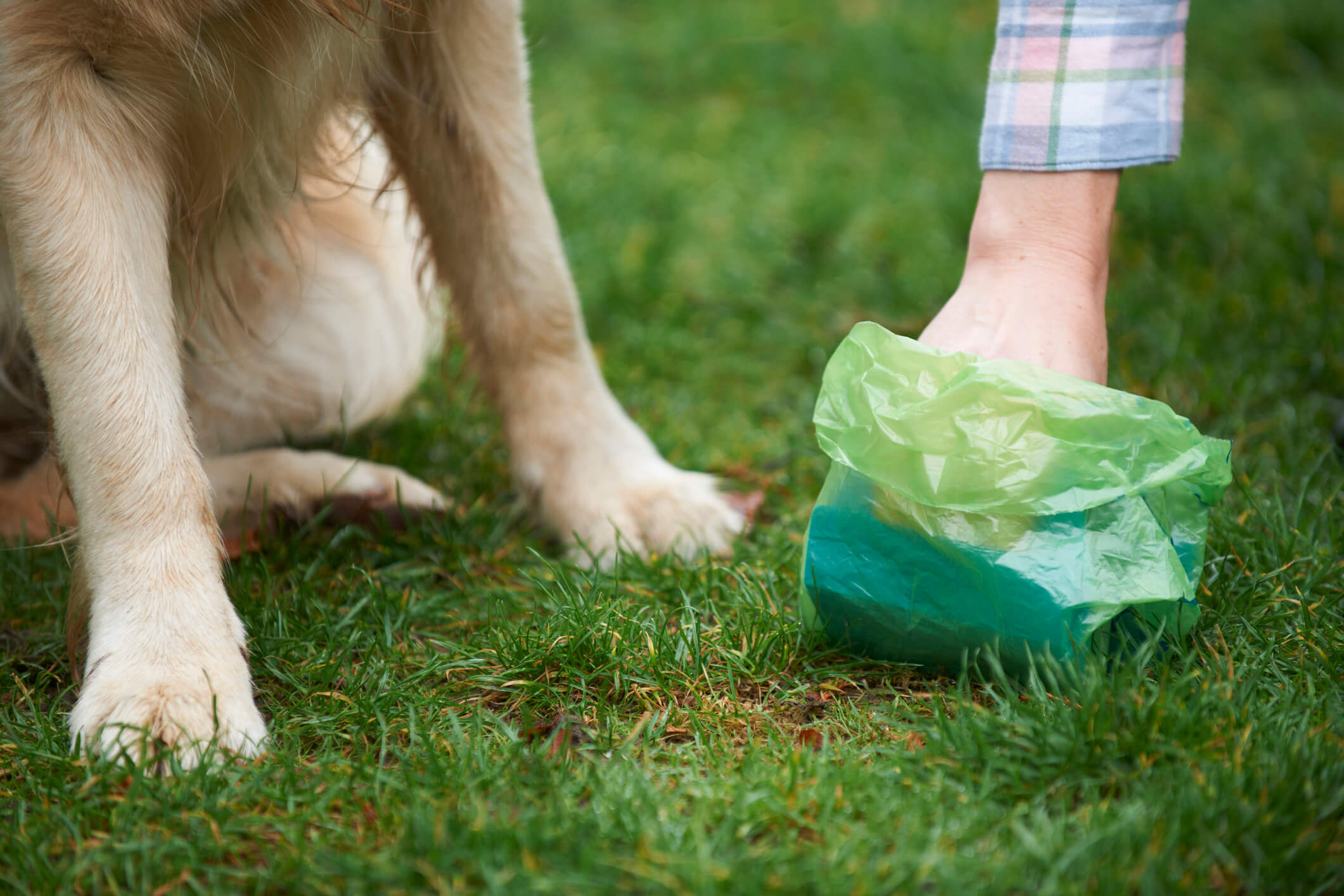
When is Dog Diarrhea an Emergency?
Every dog experiences the occasional bout of diarrhea. It’s so common that pet parents often dismiss the ailment as no big deal. But in some cases, diarrhea indicates the presence of something a lot more serious. The symptoms overlaps with numerous health problems ranging from a mere upset stomach to cancer.
The cause of diarrhea isn’t always so clear. Sometimes diarrhea goes away on its own, but other times, it requires immediate medical attention. Next time your pup has a case of the runs, pay attention to their behavior and additional symptoms to determine whether it’s an emergency.
Regular vet vs. emergency clinic
Most cases of diarrhea don’t require a vet visit at all. It’s safe to assume your dog will be fine if the diarrhea lasts for only a day and they maintain their usual temperament. Additionally, pet parents can rest easy when no other symptoms are present and the dog is able to keep food and liquids down without becoming sick.
Diarrhea becomes cause for concern when it lasts for several days. Dogs that don’t respond to at-home remedies are likely experiencing diarrhea due to a chronic condition. Some examples that require a professional diagnosis include inflammatory bowel disease, autoimmune disorders and intestinal parasites. These conditions aren’t emergencies but still warrant a trip to your regular vet.
However, pet parents should take their dog to an emergency clinic when acute symptoms are present. Acute symptoms are signs of illness that appear out of nowhere and quickly become worse. Any symptoms that accompany diarrhea, such as dehydration or blood in the stool, require immediate assistance from an emergency clinic.

Symptoms that require immediate help
When a dog gets diarrhea, there’s always a chance something worse is at play. By closely monitoring the dog for complications, pet parents can save their life.
Take your pup to an emergency clinic if they experience one or more of the following symptoms:
- Recurring diarrhea: Take your dog to an emergency clinic if the diarrhea lasts more than a day. This could indicate your dog swallowed an inedible object that’s creating a gastrointestinal blockage. Diarrhea is the body’s way of attempting to expel something stuck in the digestive tract. Dogs with recurring diarrhea require prompt medical attention to diagnose and treat the issue.
- Lethargy: Lethargic dogs are more than tired. This symptom means they lose all interest in play time and going for walks. Dogs with lethargy might even become reluctant to leave their resting spot. Lethargy is readily apparent in dogs that normally exhibit high energy levels. Before you write off their lounging as laziness, ask yourself whether this is normal behavior for your dog.
- Vomiting: Vomiting by itself doesn’t sound very alarming. After all, dogs eat things they’re not supposed to all the time! But when vomiting occurs alongside diarrhea, Fido needs help right away. Consistent vomiting means the dog isn’t able to keep down food or liquids, which leads to excessive weight loss and dehydration. A symptom this severe isn’t likely to clear up on its own.
- Dehydration: The combination of vomiting and watery stool means excessive amounts of liquid are exiting your dog’s body. They’re not able to replace it because the constant vomiting prevents them from regaining hydration. Assess your dog for dehydration by lifting the flap of skin on the back of their neck and timing how long it takes to snap back into place. A dog that’s dehydrated can quickly become critically ill. Emergency vets can rehydrate sick pups with intravenous fluids, then figure out an appropriate diagnosis.
- Bloody stool: Poop with blood in it is never a good sign! After your dog finishes their business, check to see if the diarrhea contains bright red or black, tar-like streaks. Bloody stool means a foreign object might be stuck in the gastrointestinal tract or something else has caused internal bleeding. Pet parents should never wait to see if the dog is able to pass the object on their own or if the bleeding stops. They need a trip to the emergency clinic where vets can perform X-rays and determine how to solve the problem.
The most important thing to remember is that your furry friend is going to be okay. Most incidents of diarrhea are easily remedied with a spoonful of pumpkin puree and some rest. Regardless, pet parents should always keep a close eye on their pooch in case other symptoms develop. When diarrhea goes from bad to worse, you’ll know exactly what to do!


